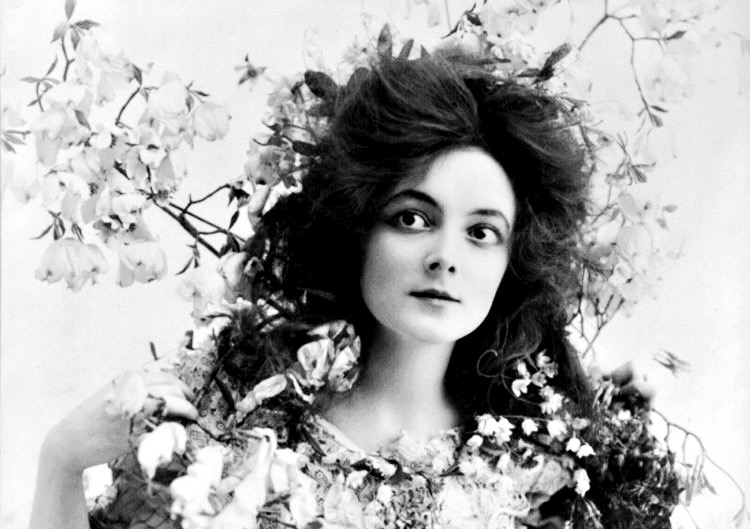The Esther Ralston Project celebrates the legacy of silent and early sound star Esther Ralston. Known as “The American Venus,” Ralston brought grace and strength to films like Old Ironsides and The Case of Lena Smith. This project aims to preserve, analyze, and promote her work through restored film access, critical essays, and historical context—ensuring that her contributions to classic Hollywood are remembered and appreciated by future generations.
Silent cinema is filled with forgotten treasures; films that shimmer with the cultural anxieties, artistic experimentation, and star-making performances of a bygone age. One such gem is Children of Divorce (1927), a Paramount picture headlined by Clara Bow, Gary Cooper, and, most notably, the luminous Esther Ralston. Though often overshadowed by the presence of “It Girl” Clara Bow, Ralston’s performance as the ill-fated Jean Waddington offers the film’s most poignant and restrained portrayal, elevating it beyond its melodramatic core.
Directed by Frank Lloyd with uncredited work by a young Josef von Sternberg, Children of Divorce explores the emotional aftermath of broken homes and how the sins of one generation seep into the next. Jean (Esther Ralston) and Kitty (Clara Bow) are childhood friends who meet in a convent school for the children of divorced parents. The years pass, and their lives entangle romantically with the dashing Ted (Gary Cooper), culminating in betrayal, heartbreak, and emotional ruin.
Ralston plays Jean, the “good girl” and moral center, a foil to Bow’s more impulsive, selfish Kitty. Where Kitty seduces and ensnares Ted in a drunken marriage, Jean suffers in silence—her love constant, her demeanor graceful even as her world unravels. In lesser hands, Jean could have been a bland archetype. In Ralston’s, she becomes the film’s quiet tragic heart.
Esther Ralston, often remembered today as a reliable second-tier star of the silent era, delivers in Children of Divorce a performance of rare depth and delicacy. While Clara Bow vibrates with energy—playing to the back row of a roaring twenties audience—Ralston operates in micro-expressions, subtle gestures, and the eloquence of stillness. There’s a particularly haunting scene where Jean, seated alone after learning of Ted’s drunken marriage to Kitty, stares ahead, emotion flickering through her face like wind across water. No intertitle is needed. We feel the weight of a dream shattered. Ralston brings a grace to Jean that never lapses into sentimentality. Her moral conflict: caught between love, loyalty, and the social stigma of divorce feels urgent, not idealized. It’s a mature performance in a film that otherwise teeters on the edge of melodramatic excess.
Children of Divorce isn’t a perfect film. Its message, heavy-handed by modern standards, leans into the didactic warnings of its time: that the children of broken homes are destined to repeat their parents’ mistakes. Yet it’s a film full of striking visuals (von Sternberg’s influence is especially visible in the chiaroscuro lighting and emotionally charged compositions) and powerful themes. Divorce, once a taboo subject, is confronted here with both judgment and sympathy. The film’s very existence in 1927 speaks to a cultural shift, one echoed in the real lives of its stars and audience.
For fans of silent film and classic Hollywood, Children of Divorce is worth watching not just for its historical value or the early appearance of Gary Cooper, but for Esther Ralston’s performance, which remains deeply affecting nearly a century later. Ralston never quite ascended to the heights of Bow or Louise Brooks, but in roles like Jean, she proved herself a formidable actress capable of interiority and quiet strength.
In a film that warns of emotional damage passed down like a curse, Ralston offers a counter-image: that of stoic resilience, of love unmarred by bitterness. Her Jean doesn’t rage or collapse—she endures, and in doing so, leaves the film with a whisper of hope.

